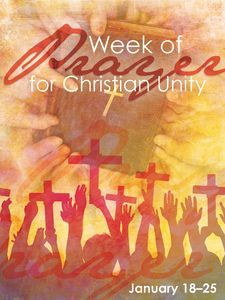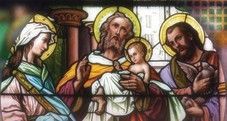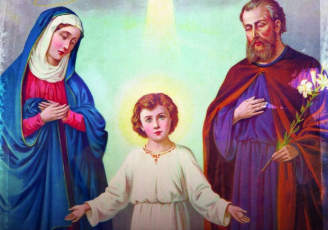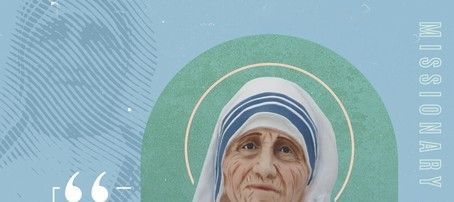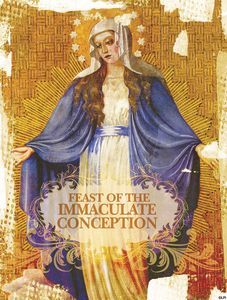Beloved:
How I am reflecting on this year’s Week of Prayer for Christian Unity. As appears on the website for the Diocese of Youngstown: The theme for the 2025 Week of Prayer for Christian Unity, January 18-25, 2025, is “Do You Believe?” (John 11:26). This year’s theme was chosen in recognition of the 1,700th anniversary of the First Council of Nicaea (325), at which the words “I believe” were chosen to anchor the Creed as an instrument of universal Christian unity.
Indeed, the Council of Nicea was the first “ecumenical” council in the Church. The term literally signifies “universal,” which means that the bishops from all places where the Catholic Faith—Catholic and Christian would have been understood as interchangeable—came together to clarify contents within the Deposit of Faith. In the case of at least the first five such councils, this “clarification” entailed condemning false threads of teaching — heresy. To illustrate: The Council of Nicaea condemned Arianism (which “taught” that Jesus was created by the Father), solemnly defining that the Son of God is consubstantial with the Father. We can realistically imagine that there were some rather animated discussion at these gatherings.
More recently, the term “ecumenical” has come to connote striving for reunification of the separated Christian ecclesial communities. A drive around a fairly small radius of our region makes it clear, beloved, that there are a lot of divisions. I believe we need to acknowledge that even with the Roman Catholic Church there are divisions. For the record, I do not believe that physical posture during Mass is a chief indicator as to whether the hearts of the members of Catholics are united or not. I challenge all of us to check our interior posture and attitudes toward one another.
While I am fundamentally supportive of gatherings and conversations that bring together Catholics with denominational and nondenominational individuals and communities, I believe we have a deep responsibility to express—through prayer and various acts of reparation (for example, fasting)—profound sorrow at the scandal of division and relentless hope that all will be drawn to—or back to—the Eucharistic altar that is at the heart of Catholicism.
Also this week, the March for Life will take place in Washington, D.C., with complimentary events held elsewhere in the U.S. From the March for Life website:
The March for Life is an inspiring, peaceful, vibrant, and joy-filled rally of women, men, young people, and children from all across the country. Every year, tens of thousands of pro-lifers converge in Washington, D.C. and march on Capitol Hill on the anniversary of the Supreme Court’s 1973 Roe v. Wade ruling which legalized abortion in all 50 states. It’s the largest annual human rights demonstration in the world. But this is not just a protest… TOGETHER, WE GATHER TO CELEBRATE LIFE. We celebrate each and every life, from the moment of conception. We envision a world where every life is celebrated, valued, and protected.
Finally, as the nation observes Martin Luther King Day on Monday, I hope we will take the occasion to recognize the historical connections between faith-based communities and the Civil Rights Movement and the absurdity of, on the one hand, defending the dignity of those already born and, on the other hand, defending the destruction of the unborn (Worldometer reports that there were 45.1 million abortions globally last year).
Let His Peace be with you,
Fr. Stephen



